Summaries of books about Political Theory:
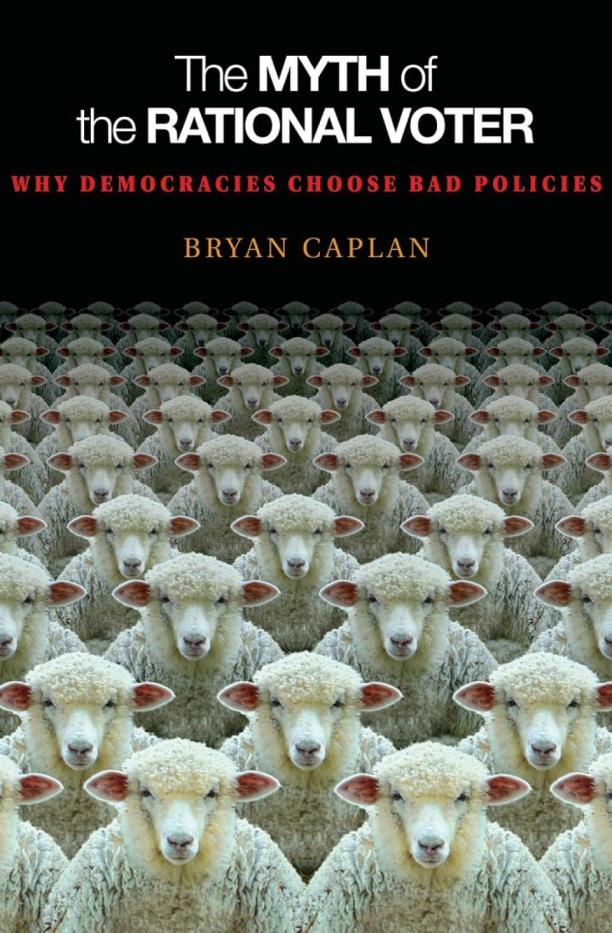
The Myth of the Rational Voter
Why Democracies Choose Bad Policies - New Edition
Bryan Caplan
The book argues that voters are systematically ill-informed and irrational about economics and policy issues, leading to suboptimal democratic outcomes. It suggests that voters' biases are entrenched and persistent, causing democracies to enact inefficient policies that cater to misconceptions rather than evidence-based solutions.
See full summary
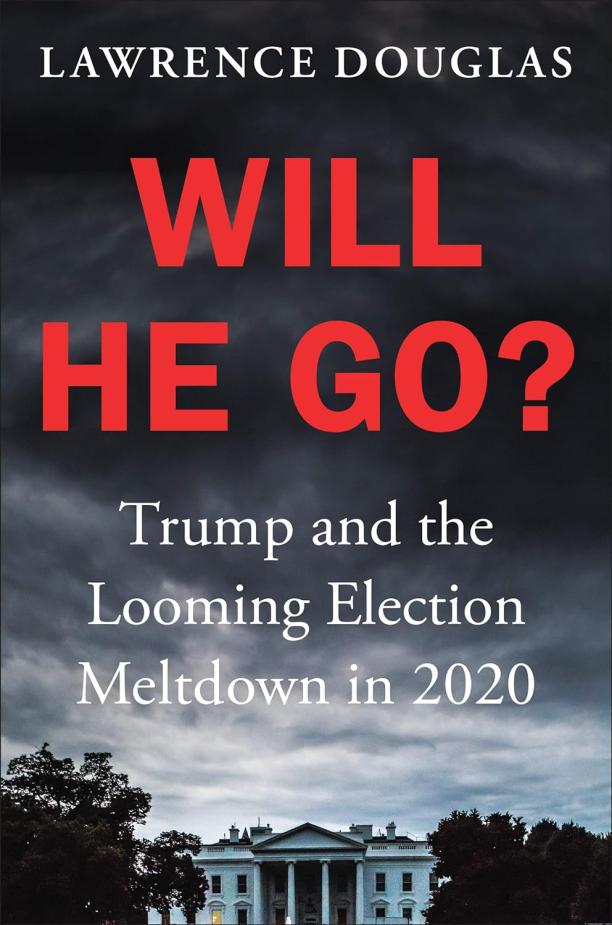
Will He Go?
Trump and the Looming Election Meltdown in 2020
Lawrence Douglas
The book analyzes the potential for a constitutional crisis stemming from the 2020 U.S. presidential election, exploring scenarios where President Donald Trump might refuse to concede after a contested or close election. It examines the weaknesses in the American electoral system and the legal battles that could ensue, threatening the peaceful transfer of power.
See full summary
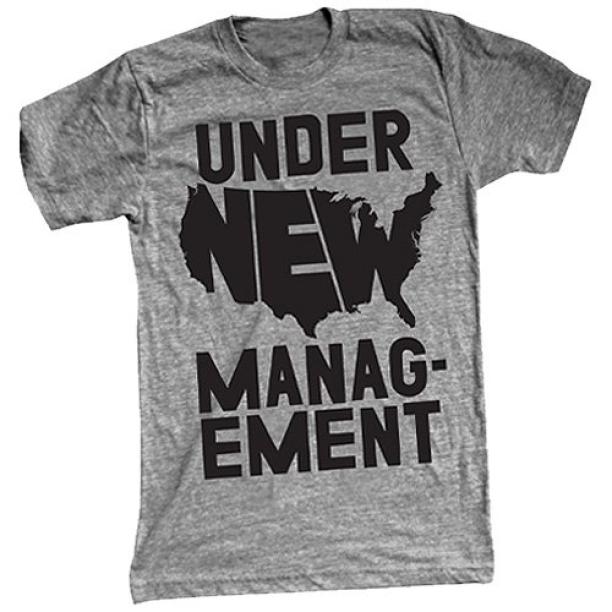
From Dictatorship to Democracy
Gene Sharp
The book is a guide for nonviolent resistance against dictatorships, providing a strategic framework for effectively undermining and dismantling authoritarian regimes. It outlines methods for organizing, planning, and executing civil disobedience and political non-cooperation to empower citizens in their struggle for democracy.
See full summary

Uncivil Agreement
How Politics Became Our Identity
Lilliana Mason
The book examines the increasing polarization in American politics, arguing that political identities have merged with other social identities to create a tribal division. It explores how this alignment of party affiliation with personal identity intensifies partisanship, leading to societal divisions that extend beyond policy preferences into personal relationships and social interactions.
See full summary
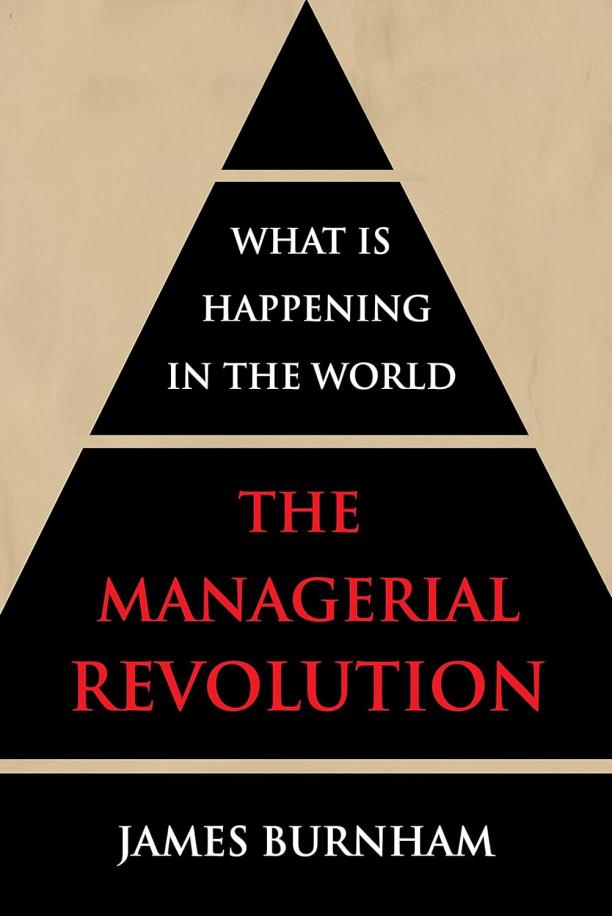
The Managerial Revolution
What is Happening in the World
James Burnham
The book presents a theory that capitalist societies are transitioning towards a new form of socio-economic organization dominated by managers and technocrats who control the means of production and distribution. It argues that this managerial class is replacing the traditional roles of the old capitalist owners and is central to understanding the changing dynamics of power and wealth in modern societies.
See full summary
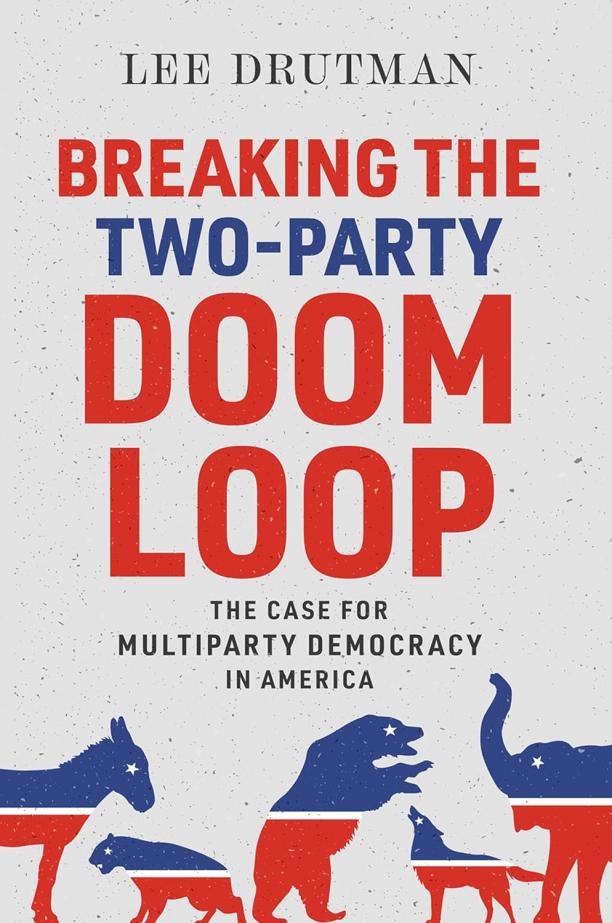
Breaking the Two-Party Doom Loop
The Case for Multiparty Democracy in America
Lee Drutman
The book argues that the entrenched two-party system in the United States is deeply polarizing and dysfunctional, advocating for a multiparty democracy through electoral reforms like ranked-choice voting and proportional representation to foster greater political competition and collaboration. It outlines the historical development of the two-party system, its consequences, and presents a detailed case for institutional changes aimed at breaking the cycle of partisanship and gridlock.
See full summary
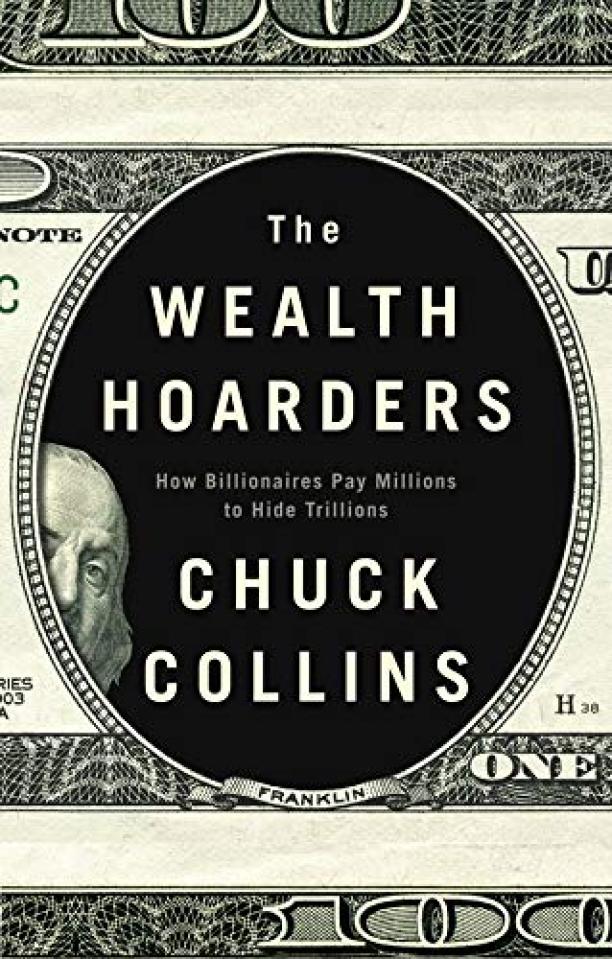
The Wealth Hoarders
How Billionaires Pay Millions to Hide Trillions
Chuck Collins
The book exposes the secretive systems used by the ultra-wealthy to hide their assets and avoid taxes through a network of wealth managers, tax havens, and shell companies. It also discusses the societal impact of this hidden wealth and proposes strategies to combat these practices and foster economic equality.
See full summary
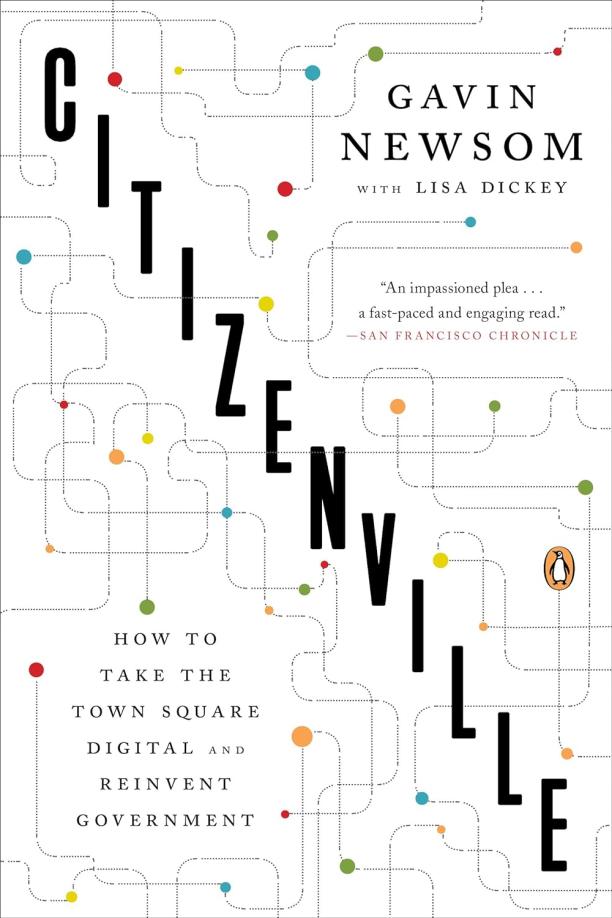
Citizenville
How to Take the Town Square Digital and Reinvent Government
Gavin Newsom
The book advocates for the transformation of government through the use of digital technology, drawing inspiration from social media and tech innovations to create a more interactive and responsive democracy. It presents a vision where citizens are empowered to participate directly in governance and problem-solving, leveraging the internet to foster collaboration between the public and government officials.
See full summary
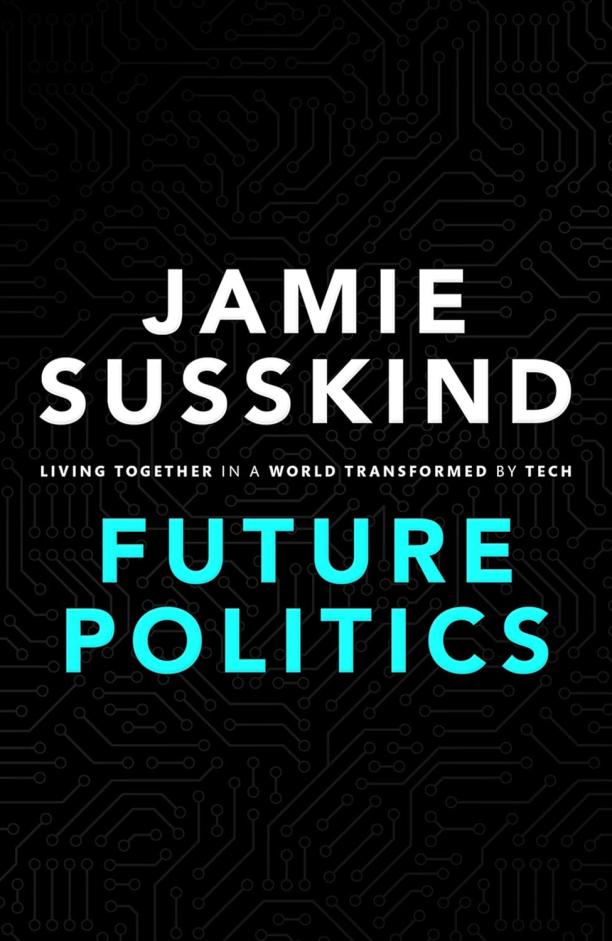
Future Politics
Living Together in a World Transformed by Tech
Jamie Susskind
The book explores the profound impact that emerging technologies will have on society, politics, and individual lives, arguing that they will reshape the way we live together by altering the distribution of power, the nature of our relationships, and the structures of our communities. It delves into the challenges of digital governance, the erosion of personal freedoms, and the need for new political, legal, and ethical frameworks to navigate a tech-transformed future.
See full summary
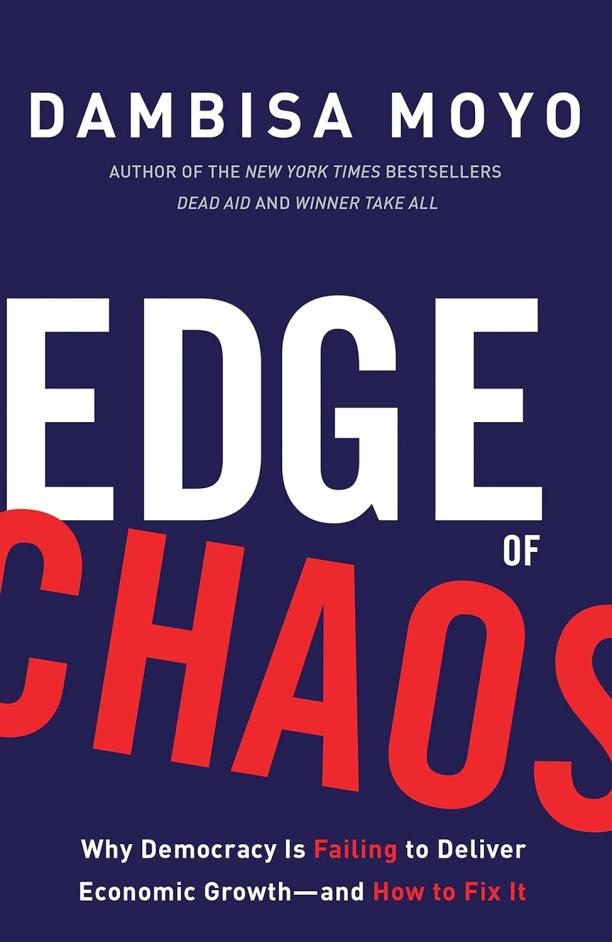
Edge of Chaos
Why Democracy Is Failing to Deliver Economic Growth-and How to Fix It
Dambisa Moyo
The book argues that liberal democracies are struggling to produce economic growth due to short-term policy making and a lack of strategic vision. It proposes solutions such as extending political terms, linking voting rights to knowledge, and incentivizing long-term investments to address these systemic issues and revitalize economic progress.
See full summary